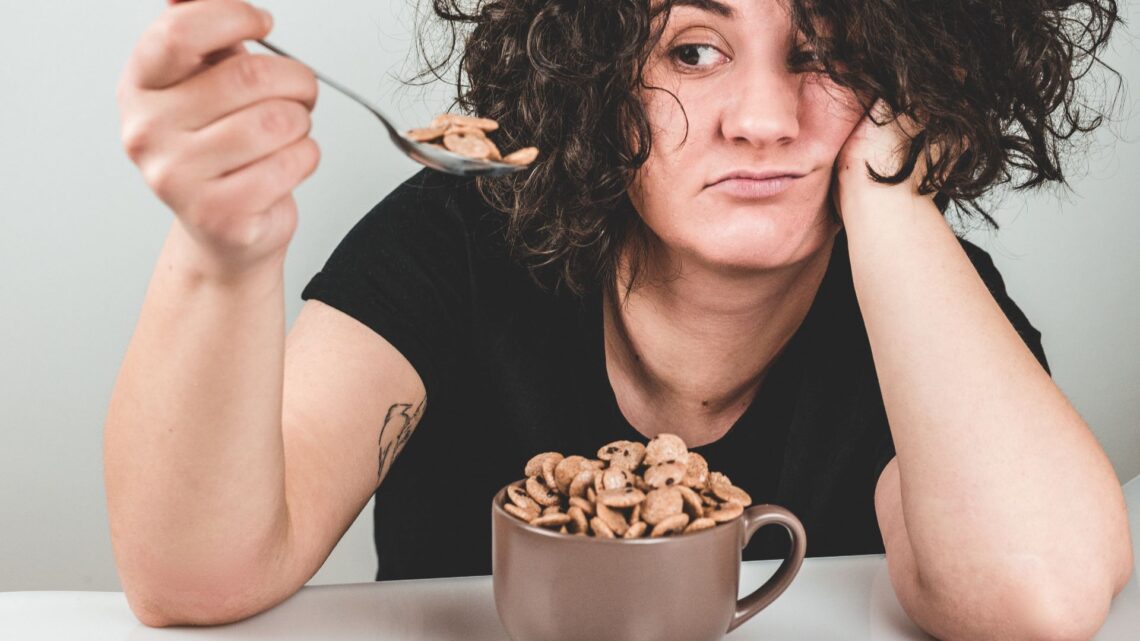
Is Intermittent Fasting linked to Eating Disorders And Nutritional Gaps in Adolescents?
February 17, 2023Doctors and parents are searching for innovative ways to reduce obesity in adolescents. In today’s latest news, intermittent fasting is drawing the attention of some families as a way to improve health and manage weight.
Evaluates the effects of intermittent fasting
Doctors are trying to avoid intermittent fasting in children out of concern that it may lead to eating disorders or cause nutritional gaps when teens are developing and growing rapidly. With the prevalence of type 2 diabetes and obesity on the rise, a small group of researchers and doctors are examining the effects of intermittent fasting in adolescents.
A Los Angeles-based pediatric endocrinologist is conducting a clinical study by allowing children with obesity to eat during a set time of the day. In a separate clinical trial in Australia, the researchers expect to release the results soon.
The American Academy of Pediatrics Allows the use of weight loss drugs
According to recent data collected from the CDCP (Centers for Disease Control and Prevention), one in five American adolescents is obese. It is the first time that the American Academy of Pediatrics has allowed physicians in the US to recommend using weight-loss drugs to treat obesity in children. Doctors stated that when and how adolescents eat for weight loss must be handled carefully.
Jason Nagata, an eating disorder specialist, and pediatrician at the University of California advised doctors and parents to carefully monitor the effects of intermittent fasting in children because it may result in eating disorders. Doctors also cautioned about the long-term side effects of intermittent fasting on rapidly developing bodies.
An associate professor (nutrition sciences) at the University of Alabama at Birmingham, Courtney Peterson, who is engaged in studying the impact of intermittent fasting in adolescents, said it may lead to nutritional deficiency in children. She advised testing the effects of intermittent fasting with caution.
Eating between 7 AM and 3 PM helps lose an additional 5 Kg
Obese children who are allowed to eat between 7 AM and 3 PM lose 5 kg more than those who are allowed to eat until noon or later, according to Courtney Peterson’s research. In addition, adults with a prediabetes condition have improved their blood sugar levels after eating for 6 hours beginning in the morning.
To control obesity, consume any food during a window, say from 7: 30 a.m. to 2 or 3 p.m., and refrain from eating in the evening and drink only water. It is one of the most effective methods of practicing intermittent fasting. There is no limit to what you eat in the window for the best results.
In today’s latest news, an obesity-medicine specialist and a pediatric endocrinologist, Alaina Vidmar, who is working at the Los Angeles-based Children’s Hospital, is beginning a clinical study to evaluate the effects of eating in a window (11 AM to 7 PM) in teens. Alaina’s main aim of this study is to observe the changes in glucose response and insulin levels in children suffering from obesity. She is recruiting 100 children aged between 12 and 21 who suffer from obesity and type 2 diabetes for her 12-week clinical trial. The researchers will also study the effects of intermittent fasting on cholesterol, blood pressure, body fat mass, and weight loss.








